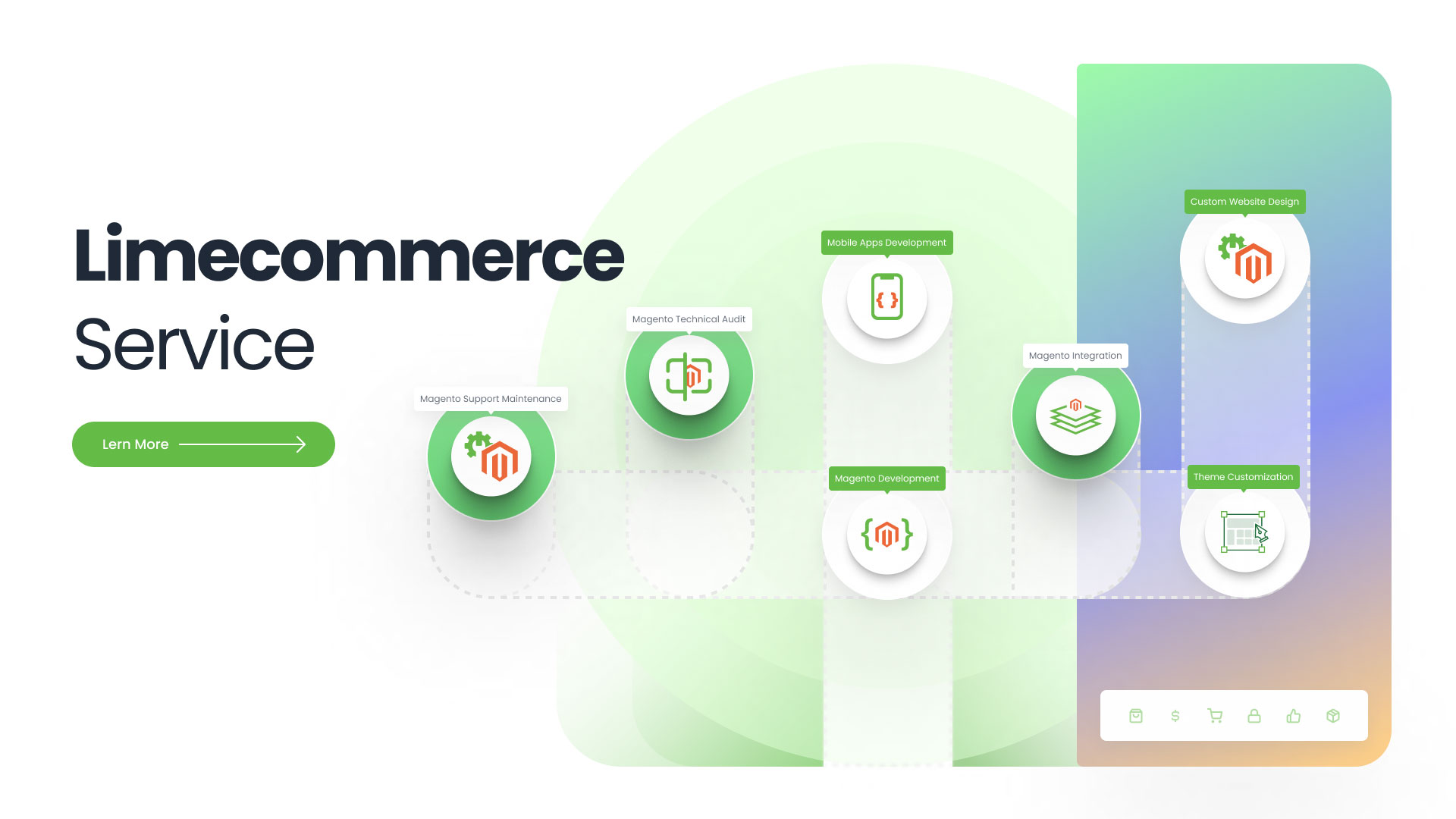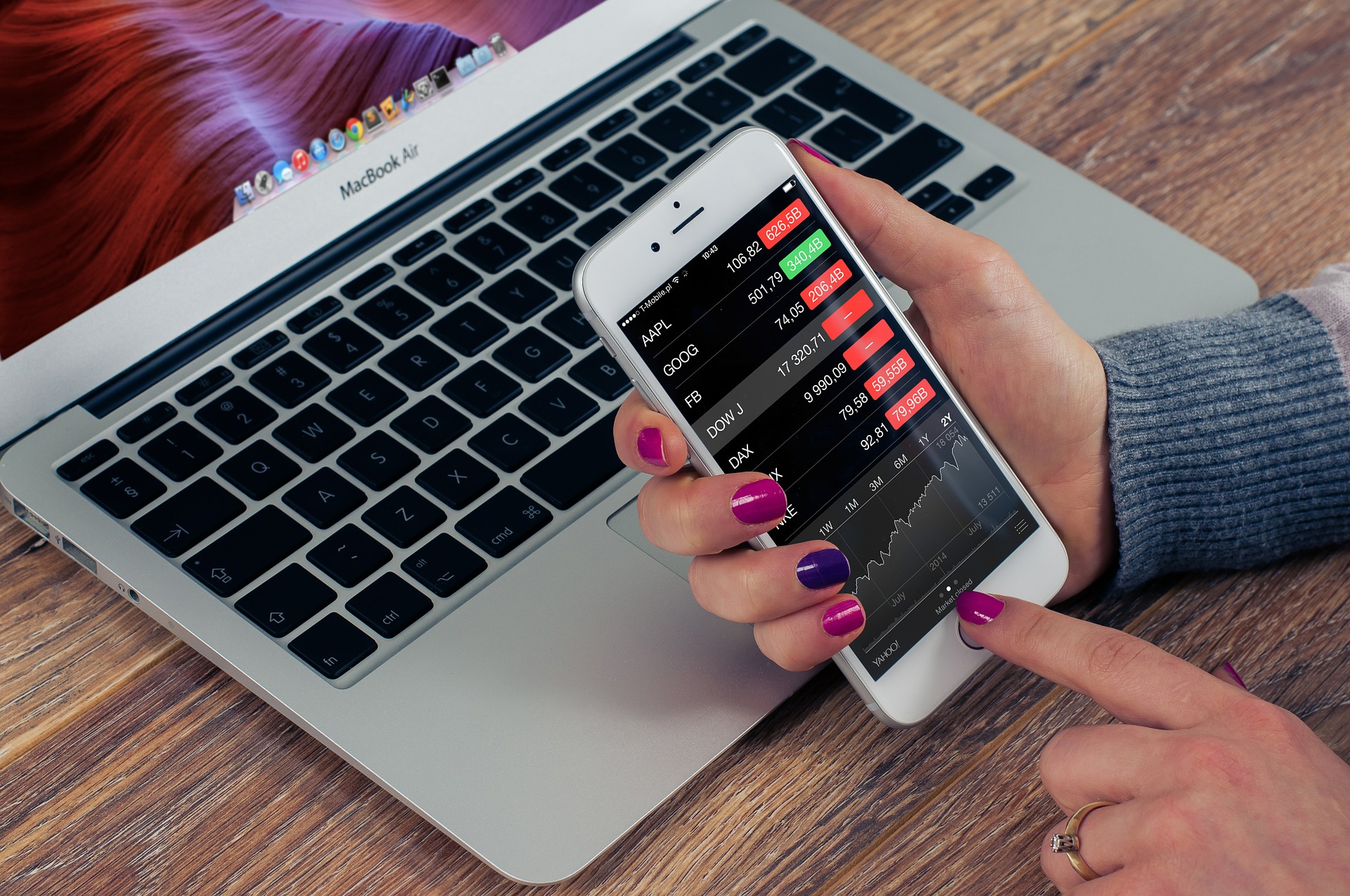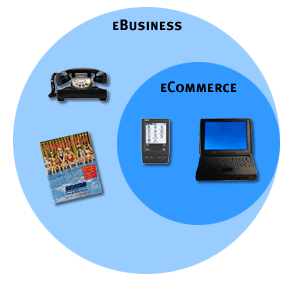
E-Business vs E-Commerce
22 August 2017
By limenotlemon
E-Business vs E-Commerce
Online shopping has gained fame in these last few years. Now, if you want to buy something, you do not need to walk all the way to the store. With just a smartphone and internet connection, you can buy anything you want, from any place in this world. This can be achieved thanks to two popular networks which is known as E-Commerce and E-Business.
Most people think those two terms have a similar meaning. In fact, both of them aren’t similar, but closely related to each other.
What is E-Commerce?
E-Commerce, or the short for “Electronic Commerce” is the process of selling and buying which done via the web or the internet. Unlike the physical store, in E-Commerce, there is no need for the buyer and the seller to meet with each other in order to do the whole selling and buying process.

There are several types of E-Commerce:
- Business to Business (B2B)
B2B E-Commerce is including all kinds of electronic transactions of services or products that happened between two businesses or companies.
- Business to Consumer (B2C)
This kind of E-Commerce is the establishment of the electronic business relationship between the seller to final customers. This is probably the most common form of E-Commerce.
This kind of E-Commerce type is usually more dynamic and easier to do. Due to the development of the internet and website, B2C has developed greatly too, and now you can easily find various kinds of online stores on the internet. They sell all kinds of products, such as books, electronics, clothes, to digital products like music, movies, or e-books.
People like online shopping more than traditional one due to its simplicity and the price tends to be cheaper too (without including the shipping cost).
- Consumer to Consumer (C2C)
This kind of E-Commerce includes all electronic transactions of products or services between the customer and another customer. Usually, this can happen with third-party bits of help, for example, eBay as a marketplace for online action.
- Consumer to Business (C2B)
Consumer to business is a kind of business model where the final users or the customers create a product or service that a company uses to complete their business process or gain a competitive advantage.
For example, sites where freelance designers offer their service for logo creation, and any company is free to use their service if they need it.
- Business to Administration (B2A)
Business to Administration or B2A covers any kind of transactions that carry out between business and government with the internet as their medium. It includes a large variety of services, such as social security, fiscal, legal documents, employment, etc.
- Consumer to Administration (C2A)
Consumer to Administration includes all kinds of transactions that happen between the consumer with the government.
Examples:
- Education
- Taxes
- Social security
- Health
What is E-Business?
E-Business or Electronic Business refers to the use of the internet, extranet, web, and intranet to conduct businesses. E-Business is quite similar to E-Commerce, but it is more than just a simple act of buying and selling products and services online.

In a sense, E-Business includes a wider kind of business processes, such as electronic ordering processing, supply chain management, customer relationship management, etc. So basically, E-Commerce is a part of E-Business.
There are two E-Business types:
- Pure play
This refers to a company that focuses on one particular kind of product or service, instead of various kinds at once.
- Brick and click
This term is suitable for a company that runs their business in both online and offline ways. That is means, while they have a website and offer their products or services online, at the same time they also have a physical store and sell their products or services there.
The Differences Between E-Commerce & E-Business
- Buying and selling things via the internet is known as E-Commerce. On the other hand, E-Business isn’t limited to just buying and selling activities. All the business activities conducted via the internet will be considered E-Businesses. For example, the information and computing technologies used to enhance one’s business.
- E-Commerce is a main part of E-Business
- Some people agreed that when business is completely carried through an electronic medium, then it can be referenced as E-Business. There is no need for an E-Business to has a physical presence in the market. If a company owns an office, and along with a physical presence carries out its business activities via the internet, then it can be referred to as E-Commerce.
- E-Commerce includes any kind of business transaction related to money, but E-Business includes monetary and allied activities.
- E-Commerce needs the internet to be able to connect with the rest of the world. E-Business can use more than that. Other than the internet, it also can take advantage of intranet and extranet to be able to connect with the parties.
The Advantages of E-Commerce & E-Business
E-Commerce and E-Business have really changed the way of shopping. As customers, you probably have tasted some of their benefits, but what you can get from them as a business owner?
- Reduce money and time spent for your business
Having a physical store means that there would be several kinds of costs that you need to pay, like rent, electricity, telephone bill, etc.
By taking your business online, you can reduce or even eliminate those costs. Turn your business into E-Business also can help make the tasks simpler. For example, sending bulk promotional E-mail via online surely much easier rather than print 100 brochures and sending them via post, right?
- Flexible business hours
The Internet is available for 24 hours. An E-Business can literally make money even when you are fast asleep.

- Remove location restriction
The internet is not only able to spans all time zones, but it also can reach across the world. With a physical store, customers will be limited on how close the store from their home, and also your hours of operation.
Not to mention, with the hype of m-commerce, now your store is accessible from smartphone and other mobile devices. That is mean, your customers can do business with you on the go.
- Easily track your business growth
In E-Business, there are several tools that you can use to track your business development and learns more about your customers. Do you want to know which product is the best seller for the past three months? How about the amount of returning customers?
Unless you do an extra record-keeping task, it will be hard to track those data in brick and mortar store.
- Reach your customer faster
The sooner you can reach your customers when they need you, the better. With E-mail and chat features, it will be easier for your E-Business to fulfill that need.

When it comes to E-Commerce and E-Business, both you as the business owner and the customers can reap all the benefits.
E-Commerce is a major part of E-Business. It also can be said that E-Commerce is E-Business, but E-Business isn’t necessarily E-Commerce.
